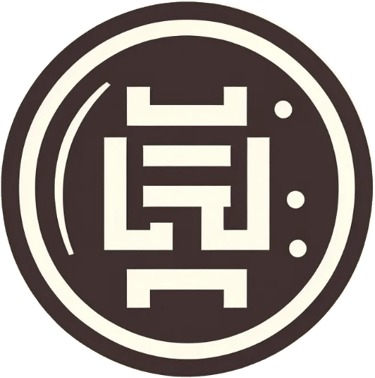
The Science and Tradition of Wellness: Men’s Health and the Modern Value of Herbal Tea
The Science and Tradition of Wellness: How Modern People Can Build a Healthy Lifestyle
In today’s fast-paced world, wellness has become a central focus for many. Both Eastern traditional medicine and Western modern medicine emphasize balance and prevention as the foundation of health. True “wellness” is not only about longevity but about maintaining the body and mind in their optimal state through scientific and holistic practices.
The Core Concept of Wellness
Traditional Chinese Medicine (TCM) emphasizes the principle of “harmony between humans and nature,” viewing the body as a dynamic, balanced system where health stems from the coordination of yin-yang and internal organs.
Modern medicine, though different in framework, also acknowledges that human health depends on the integrated function of multiple systems, highlighting the importance of nutrition, exercise, sleep, and mental balance.
In essence, East and West share a common vision: wellness is balance, achieved by adjusting lifestyle habits and dietary structure.
The Three Pillars of Modern Wellness
Balanced Nutrition
The World Health Organization (WHO) recommends adults consume adequate dietary fiber, high-quality protein, and essential micronutrients daily, while reducing sugar, salt, and trans fats.
TCM stresses the concept of “food and medicine sharing the same origin,” noting that certain herbs can regulate bodily functions:
Polygonatum (Huang Jing): Nourishes qi and yin, supports immune function.
Cistanche: Fights fatigue, improves stamina.
Ganoderma (Reishi): Modulates immunity and promotes restful sleep.
Healthy Sleep Patterns
The National Sleep Foundation suggests that adults should aim for 7–9 hours of quality sleep per night.
In TCM, it is believed that sleeping early, especially during “Zi time” (11 PM – 1 AM), is crucial for liver and kidney restoration, playing a key role in long-term wellness.
Moderate Exercise
Research published in The Lancet shows that regular aerobic exercise and strength training can significantly lower the risk of chronic diseases.
TCM practices such as “Dao Yin,” Tai Chi, and Qigong emphasize the integration of body and mind, balancing movement with stillness.
The Modern Value of Herbal Wellness
A review published in PubMed highlights that certain traditional herbs (such as Codonopsis, Polygonatum, and Mulberry fruit) contain polysaccharides, flavonoids, and saponins that support immune modulation, antioxidant activity, and hormonal balance.
This demonstrates that herbal wellness is not only a cultural legacy but also increasingly recognized by modern science as an effective approach to health management.
Conclusion
Wellness is not a rigid set of rules — it is a way of life.
Balanced nutrition, consistent sleep, and moderate exercise maintain physical stability.
Herbal teas and medicinal plants provide gentle, long-term nourishment.
Mental resilience and optimism sustain psychological well-being.
Only by combining these elements can we achieve true vitality and balance in the modern fast-paced lifestyle.
